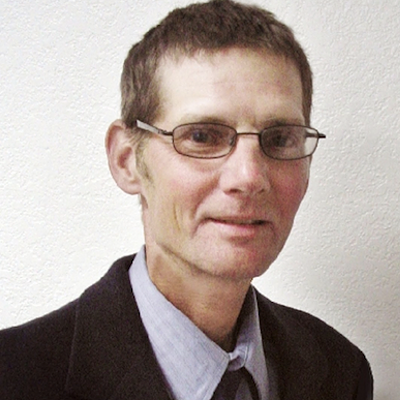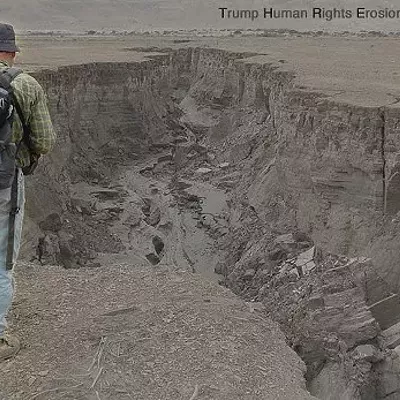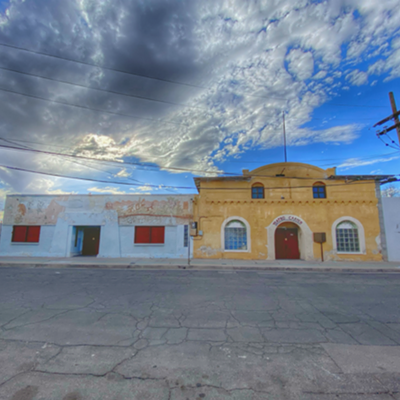Local attorney Bill Risner calls the proposed statutes "horrible and draconian."
But City Attorney Mike Rankin says such concerns are overblown and that he's only following the council's direction that he update a 1953 ordinance that's clearly unconstitutional.
The dispute has its roots in a failed 2003 effort to craft a "parade ordinance" that would have regulated political assemblies and other gatherings. Criticisms over that effort led the City Attorney's Office to attempt to split the proposal into two ordinances: a safe-assembly ordinance and a special-events ordinance.
The safe-assembly regulations would require anyone planning a political gathering that enters the roadway to get a permit from the city's police chief at least 72 hours before the event, although the chief would have the authority to waive the deadline at his discretion. Events that enter the roadway during morning or afternoon rush hours would be prohibited. The permit holder would be responsible for ensuring compliance with the ordinance.
The special-events ordinance carries much more stringent requirements: Anyone who wanted to sponsor an event that uses the roadway would have to pay for insurance, traffic control and police services. The sponsor would also have to agree to pay for legal representation if someone at the event filed a claim against the city and pay any legal judgments arising from such action.
While Risner doesn't think much of the proposed safe-assembly regulations, he's especially critical of the special-events ordinance. He worries that the ordinance would affect not only events in the roadway, but also on sidewalks, and fears that if someone at a protest sells sandwiches or T-shirts, police could declare the gathering a "special event" and require the more-stringent conditions.
But Rankin says the proposed regulations are limited to the roadway and do not include sidewalks. In addition, he says, his office is already tweaking the ordinances to ensure that sales of food or other goods have to take place from booths or other fixed structures, like those found at the Fourth Avenue Street Fair, to convert an assembly into a special event.
Rankin says the current statute is unconstitutional because it requires people to get permission for political gatherings two weeks in advance.
"Our current ordinance may reflect constitutional law as it existed 52 years ago, but there have been a few events in American legislation and jurisprudence in the last 50 years in respect to the First Amendment," Rankin says. "You won't often hear a city attorney describe an existing ordinance as unconstitutional, but this one is pretty clearly unenforceable."
Risner agrees the current ordinance is outdated, but he questions why any new regulations are needed. He says he's asked the City Attorney's Office and the Tucson Police Department to explain why current ordinances don't already cover the kinds of problems that the proposed statutes would regulate. He says both agencies have cited only the riots that broke out on Fourth Avenue after the Arizona Wildcats men's basketball team's appearances in NCAA championship games.
"I don't know about City Council people, but small children can see that no one asks for a permit to riot," says Risner. "If the only thing they can come up with to justify this thing is a bunch of drunks who go wild after a basketball game, that shows that there's nothing behind it. The emperor is naked."
Council members have had a mixed reaction to Risner's concerns.
Ward 2 Councilwoman Carol West says she thinks some of Risner's criticisms "were valid," but adds that she's "disappointed" in Risner.
"I was hoping he'd be more open-minded to fixing this," says West, who insists the city needs to update the old law.
But at least two of her colleagues say they share Risner's concerns about the proposed ordinances.
"You start seeing the Bill of Rights shrinking chronologically and geographically," says Ward 5 Councilman Steve Leal. "You see the Bill of Rights atrophying--going from a right to a permission. Wrong, wrong, wrong."
Ward 4 Councilwoman Shirley Scott is also skeptical of the ordinance.
"Perhaps it's worth reviewing and modifying or perhaps not even doing at all," she says.
The council has yet to determine when it will ask Rankin to bring the ordinances back for review, but the city attorney remains confident that the proposal is on solid legal ground.
"If Risner and others want to object to it on philosophical or political grounds, that's fine," Rankin says. "But if they're going to object to it on the grounds that is somehow unconstitutional, that's just wrong. We clearly have the legal ability to do what is proposed in these two amendments. Whether it's the right thing to do from a philosophical or political viewpoint, well, that's not my call."
Risner says that changes in the language won't satisfy him, because he's worried that passing any ordinance of this nature puts the city on a "slippery slope" toward the day that a council expands the laws to put more restrictions on free speech.
"My real thing is not an effort to correct their homework for them," Risner says. "It's not an effort to negotiate a couple little things out of it. It's far more basic: If you are dealing with important constitutional rights, then you better have a real good reason for it. And they've got none."









